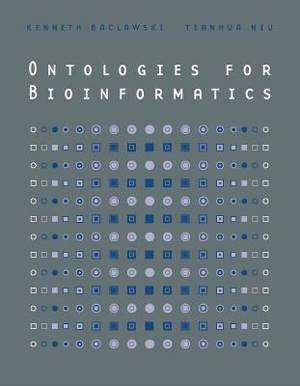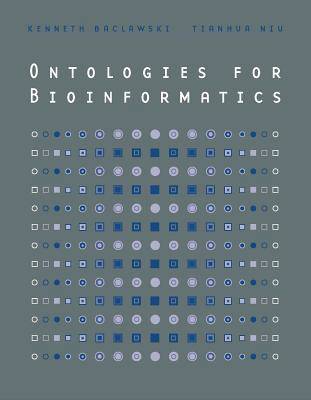
- Retrait gratuit dans votre magasin Club
- 7.000.000 titres dans notre catalogue
- Payer en toute sécurité
- Toujours un magasin près de chez vous
- Retrait gratuit dans votre magasin Club
- 7.000.000 titres dans notre catalogue
- Payer en toute sécurité
- Toujours un magasin près de chez vous
Description
Ontologies as a critical framework for the vast amounts of data in the postgenomic era: an introduction to the basic concepts and applications of ontologies and ontology languages for the life sciences.
Recent advances in biotechnology, spurred by the Human Genome Project, have resulted in the accumulation of vast amounts of new data. Ontologies--computer-readable, precise formulations of concepts (and the relationship among them) in a given field--are a critical framework for coping with the exponential growth of valuable biological data generated by high-output technologies. This book introduces the key concepts and applications of ontologies and ontology languages in bioinformatics and will be an essential guide for bioinformaticists, computer scientists, and life science researchers.The three parts of Ontologies for Bioinformatics ask, and answer, three pivotal questions: what ontologies are; how ontologies are used; and what ontologies could be (which focuses on how ontologies could be used for reasoning with uncertainty). The authors first introduce the notion of an ontology, from hierarchically organized ontologies to more general network organizations, and survey the best-known ontologies in biology and medicine. They show how to construct and use ontologies, classifying uses into three categories: querying, viewing, and transforming data to serve diverse purposes. Contrasting deductive, or Boolean, logic with inductive reasoning, they describe the goal of a synthesis that supports both styles of reasoning. They discuss Bayesian networks as a way of expressing uncertainty, describe data fusion, and propose that the World Wide Web can be extended to support reasoning with uncertainty. They call this inductive reasoning web the Bayesian web.
Spécifications
Parties prenantes
- Auteur(s) :
- Editeur:
Contenu
- Nombre de pages :
- 424
- Langue:
- Anglais
- Collection :
Caractéristiques
- EAN:
- 9780262025911
- Date de parution :
- 23-09-05
- Format:
- Livre relié
- Format numérique:
- Genaaid
- Dimensions :
- 204 mm x 233 mm
- Poids :
- 929 g







